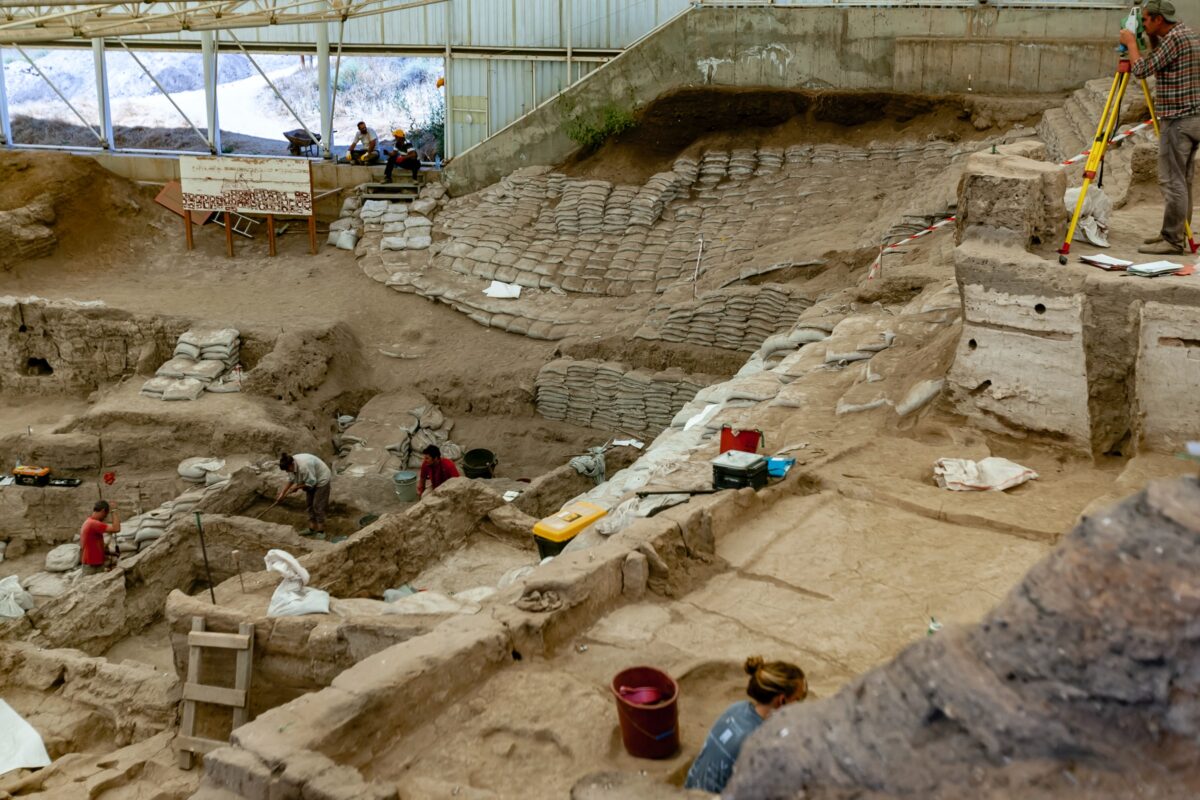Three researchers won the Nobel Prize in medication for finding the liver-attacking hepatitis C infection, an advancement that prompted remedies for the destructive illness and tests to keep the scourge out of the blood flexibly.
Americans Harvey J. Modify and Charles M. Rice and British-conceived researcher Michael Houghton were respected for their work more than a very long while on a disease that actually torment in excess of 70 million worldwide and slaughters in excess of 400,000 every year.
“Without precedent for history, the infection would now be able to be restored, raising any expectations of annihilating hepatitis C infection from the world,” the Nobel Committee said in declaring the prize in Stockholm.
The test presently is to make these still-costly medications all the more generally accessible and to stem the spread of the malady among drug clients, whose sharing of needles has prompted spikes in cases.
“What we need is the political will to annihilate it” and to cause the medications reasonable enough to do it, To change said.
Researchers had since quite a while ago known about the hepatitis An and B infections, spread generally through defiled food or water and blood, individually, yet were “working in the wild” to attempt to clarify numerous different instances of liver ailment until the blood-borne hepatitis C infection was recognized in 1989, said Dr. Raymond Chung, liver infection boss at Massachusetts General Hospital.
Presently, it’s the main constant viral contamination that can be relieved in practically all cases inside a couple of months, utilizing one of generally about six medications, Chung said. Without such therapy, the infection can prompt perpetual scarring of the liver, liver malignant growth or the requirement for a transfer.
Rice said he is most pleased that the gathering’s work immediately prompted a test to screen contributors and make the blood gracefully more secure.
“We assume that in the event that you get a bonding, you’re not going to become ill from that bonding. That was not the situation previously however is absolutely the case currently,” Rice said.
Dr. Jesse Goodman, a previous blood wellbeing master at the U.S. Food and Drug Administration now at Georgetown University, said that before testing was accessible, around 1 of every 10 blood bondings conveyed the danger of passing the infection.
“Presently it’s 1 of every a million,” Goodman said.
Rice, 68, took a shot at hepatitis at Washington University in St. Louis and now is at Rockefeller University in New York. Adjust, 85, worked for quite a long time at the U.S. Public Institutes of Health and stays dynamic there. Houghton, 69, was conceived in Britain and chipped away at hepatitis at the Chiron Corp. in California before moving to the University of Alberta in Canada.
Adjust first found that blood from patients who didn’t have hepatitis B could in any case cause liver aggravation and ailment, however for quite a long time the reason was obscure. An advancement came in 1989, when Houghton and others at Chiron cloned the infection, making its hereditary character known and permitting further exploration on it, said Nobel Committee part Gunilla Karlsson-Hedestam.
Afterward, Rice created lab instruments and techniques that affirmed the hepatitis C infection could cause liver sickness in chimpanzees and people, straightforwardly contributing information that prompted tests and therapies.
“We have not seen additional cases since 1997” of hepatitis from a bonding, Alter said. “Right now we can fix for all intents and purposes anyone who’s recognized. With that, it’s conceivable to perhaps destroy this illness throughout the following decade,” as the World Health Organization would like to do.
Nobel Committee part Patrik Ernfors drew an equal between the current year’s prize and the surge by a large number of researchers around the globe to discover an antibody to battle the Covid flare-up.
“The principal thing you have to do is to distinguish the causing infection,” he said. “Furthermore, when that has been done, that is, in itself, the beginning stage for advancement of medications to treat the infection and furthermore to create antibodies against the problem.”
Adjust and Rice are currently dealing with Covid research, while Houghton is attempting to build up a hepatitis C immunization. Houghton said fabricating delays have been an issue yet he anticipates that clinical preliminaries should start one year from now in numerous nations, including the U.S., Germany and Italy.
“To control a pandemic, you have to have an antibody,” Houghton said. For “illnesses like gonorrhea, syphilis, chlamydia, we’ve had modest medications accessible for quite a long time, but we actually have enormous pandemics of those maladies.”
John McLauchlan, a teacher of viral hepatitis at the University of Glasgow, said the three laureates’ disclosure has made the worldwide end of the illness conceivable — “the first occasion when we may potentially control a viral disease utilizing just medications.”
Hepatitis C drugs were around $40,000 when they previously came out not exactly 10 years back. They have boiled down to around a fourth of that however are still far off for a great part of the world.
India, Eastern Europe, Egypt and parts of Asia, including Mongolia, remain the territories hardest hit.
Monday’s medication grant is the first of six prizes this year being declared through Oct. 12. The others are for work in material science, science, writing, harmony and financial aspects.
The Nobel accompanies a gold award and 10 million Swedish kronor (more than $1.1 million), kindness of an inheritance left 124 years back by the prize’s maker, Swedish creator Alfred Nobel.




